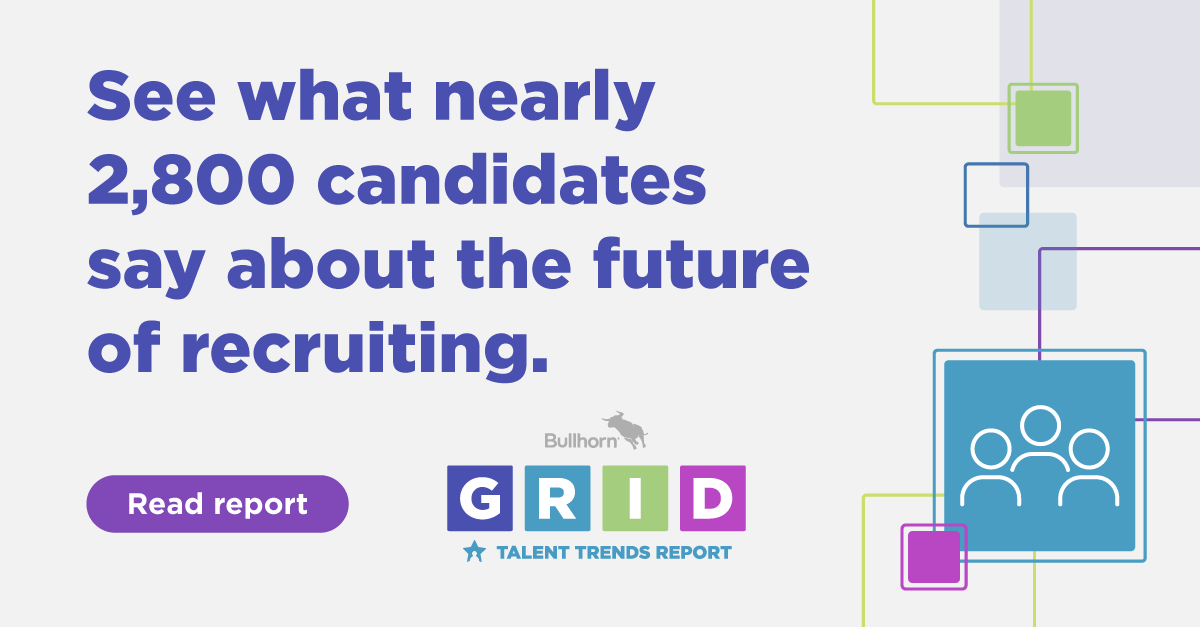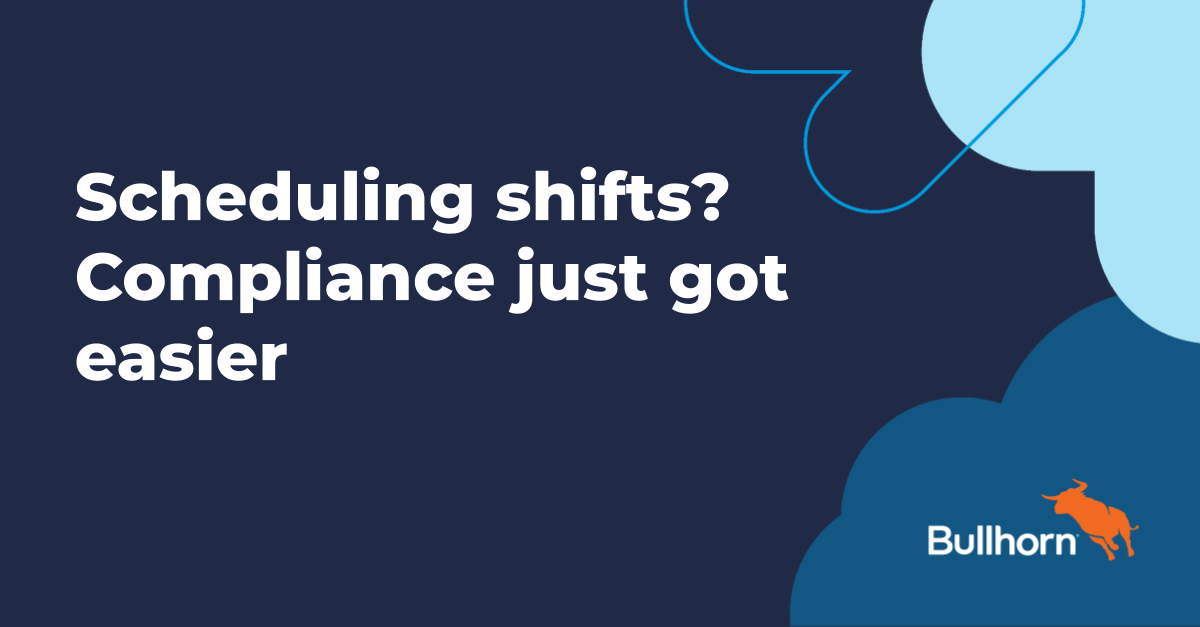How to start your own temp agency in 9 steps

What is a staffing agency?
A staffing agency is a specialized firm that helps companies fill job positions with qualified candidates. These agencies act as intermediaries between employers and job seekers, leveraging their expertise in recruitment to match the right talent with the right opportunities, optimizing hiring processes and ensuring a successful workforce alignment. Staffing agencies play a crucial role in connecting businesses with top talent.
What is a temp agency?
A temp agency, also known as a temporary staffing agency, is a firm that specializes in connecting businesses with short-term employment solutions. These agencies provide companies with temporary employees on a contract basis to fill in for staff shortages, cover seasonal peaks, or complete special projects. Temp agencies play a vital role in helping businesses maintain operational flexibility and agility, allowing them to scale their workforce based on fluctuating demands without the long-term commitment associated with traditional hiring. By leveraging the services of a temp agency, companies can quickly source skilled professionals to address immediate needs, optimize operational efficiency, and adapt to dynamic market conditions.
What do temp agencies offer?
Temp agencies offer a range of services to both clients and candidates, facilitating efficient and effective matchmaking in the staffing industry. For clients, these agencies provide access to a pool of pre-screened, qualified candidates on short notice, enabling businesses to quickly fill temporary roles and address staffing gaps without compromising productivity. Additionally, temp agencies handle administrative tasks such as payroll processing, benefits administration, and compliance management, easing the burden on companies and ensuring seamless operations.
On the candidate side, temp agencies offer diverse job opportunities, career flexibility, and professional development. By connecting candidates with temporary assignments that align with their skills and preferences, temp agencies empower individuals to gain valuable experience, expand their networks, and explore different career paths.
Through their services, temp agencies not only bridge the gap between job seekers and employers but also drive operational efficiency, enhance workforce agility, and foster career growth in the ever-evolving staffing landscape.
Who should start a temp agency?
To thrive in the competitive staffing industry and launch a successful temp agency, individuals should have a deep understanding of both recruitment practices and business operations. Ideal candidates to start a temp agency should possess a solid background in HR, talent acquisition, or related fields to navigate the complexities of sourcing, vetting, and placing temporary workers. Additionally, strong entrepreneurial skills, including strategic planning, financial acumen, and client relationship management, are vital to establish and grow a profitable temp agency.
Those looking to venture into this space should also be tech-savvy, embracing digital technologies that streamline processes, enhance candidate experiences, and drive efficiency. By blending industry expertise, business acumen, and a tech-forward approach, aspiring temp agency entrepreneurs can position themselves for success, delivering value to both clients and candidates while driving business growth in the dynamic staffing market.
How to make a profitable temp agency
To ensure a temp agency is profitable, it’s crucial to focus on building a robust talent pool and fostering strong relationships with clients. Start by targeting high-demand industries and developing a deep understanding of their specific staffing needs. Implement a streamlined recruitment process that leverages technology for efficient candidate sourcing, screening, and placement. Prioritize client satisfaction by delivering top-tier talent that aligns with their business goals, ensuring repeat business and referrals. Additionally, maintaining competitive pricing strategies while keeping overhead costs low will help maximize margins. Continuous market analysis and adaptation to industry trends will also keep the agency ahead of competitors, driving sustained profitability.
Requirements to open a staffing agency
Starting a staffing agency in the UK requires meeting several key legal and regulatory requirements to operate compliantly. First, you’ll need to register your business with Companies House, which involves choosing a company name, determining the legal structure, and obtaining a Certificate of Incorporation. You must also register for PAYE (Pay As You Earn) with HMRC, as you’ll be responsible for handling payroll, taxes, and National Insurance contributions for your temporary workers.
In addition to these steps, compliance with specific industry regulations is crucial. Ensuring you have adequate business insurance, including public liability and professional indemnity coverage, is also vital to protect your agency from potential claims. By meeting these requirements and maintaining strict compliance, you’ll establish a solid foundation for your staffing agency in the UK.
Do you need a licence to be a staffing agency?
Some employment agencies need a licence if they are supplying workers to agriculture, food processing, or other regulated sectors.
How to start and manage a temp agency: 9 steps
Here’s a step-by-step guide to starting your own temp agency.
1. Evaluate your skills and expertise
Before launching a temp agency, assess your industry knowledge and experience in recruitment, HR, and business management. A deep understanding of staffing dynamics will be essential in building credibility and effectively managing client and employee relationships.
2. Research the market
Conduct thorough market research to identify high-demand industries and staffing needs in your region. Understand your competitors, target sectors, and the types of temporary roles that are most in demand to carve out a niche for your agency.
3. Research legal requirements
Familiarize yourself with local regulations, such as employment laws and industry-specific licensing requirements.
4. Develop a business and marketing plan
Create a comprehensive business plan that outlines your agency’s mission, services, target clients, and revenue projections. Alongside this, develop a marketing strategy to attract both clients and temp workers through online platforms, networking, and industry partnerships.
5. Register your agency and meet legal requirements
Officially register your business with the appropriate government body (e.g., Companies House in the UK), and ensure you comply with all legal requirements.
6. Plan and obtain your finances
Determine the capital needed to launch and sustain your agency during its early stages. This includes budgeting for office space, software, marketing, and payroll. Explore funding options, whether through personal investment, loans, or business grants.
7. Recruit your clients
Begin building a strong client base by reaching out to businesses that may require temporary staffing solutions. Offer tailored services that meet their specific needs, whether in manufacturing, healthcare, or other high-demand industries.
8. Recruit your employees
Develop a solid recruitment process to source, screen, and place qualified candidates. Having a diverse and reliable pool of temp workers ready to meet client demand is key to your agency’s success, so invest in recruitment technology and a seamless onboarding process.
9. Build out your recruitment agency’s tech stack
To start a recruitment agency, you’ll need to invest in the best tech stack from the start. Leveraging cutting-edge tools and software streamlines operations, enhances efficiency, and keeps your agency ahead in a technologically driven recruitment landscape.
How to start a temp agency from home
Starting a temp agency from home is a cost-effective way to enter the recruitment industry. Begin by setting up a home office equipped with essential tools like a computer, phone, and reliable internet. Leverage online recruitment platforms and social media to find both clients and temp workers, keeping overhead low by conducting interviews and onboarding remotely. By utilizing digital tools for communication, payroll, and marketing, you can efficiently manage operations from home while maintaining a professional service.
What software do you need for a temporary staffing agency?
To start a staffing agency, you’ll need key software tools to streamline operations.
- An applicant tracking system (ATS) and/or customer relationship management (CRM) software to manage your data and nurture relationships with candidates and clients.
- Automation and AI tools to optimize tasks like candidate matching, scheduling, and communication, improving efficiency.
- Business intelligence solutions to provide insights into performance metrics and market trends, helping you make data-driven decisions.
- Talent experience platforms to enhance the candidate journey from application to placement.
Starting a temporary staffing agency may seem like a complex process, but with the right knowledge, planning, and tools, your temp agency can grow into a profitable and sustainable business. Success lies in your ability to adapt, innovate, and consistently deliver value to all stakeholders.








